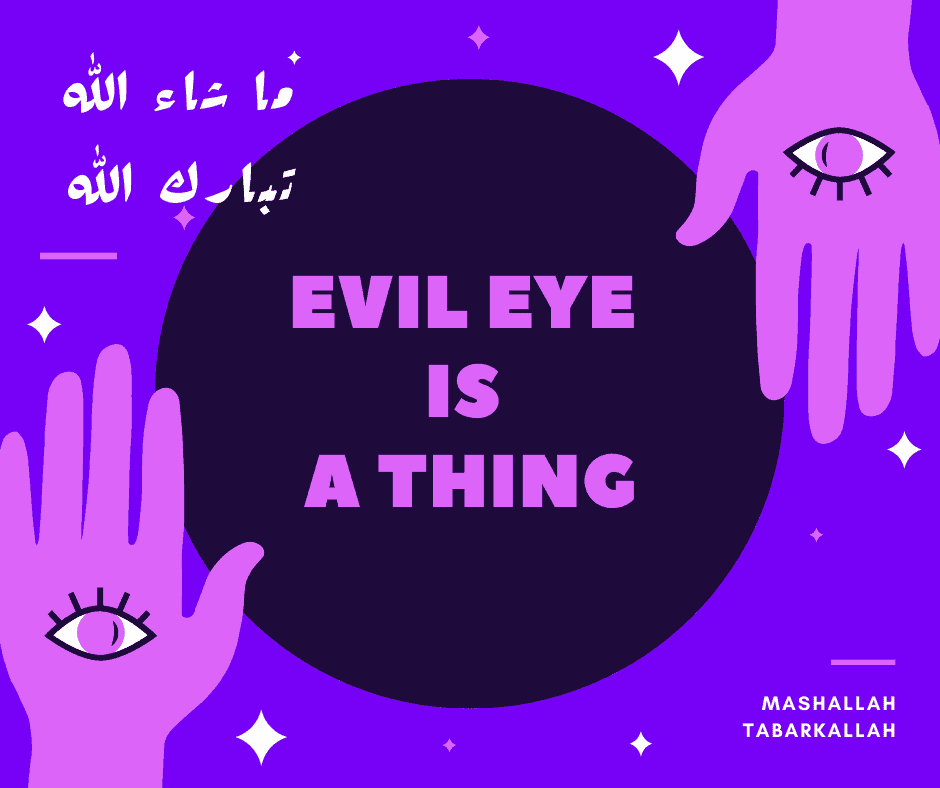Whether you speak Arabic , Arabic language learner or you don’t speak Arabic at all, interacting with Arabs, particularly in the Arab world, can be tricky and full of cross-cultural faux-pas and misunderstandings.
The social norms and the completely different frame of reference makes up for a cultural landscape that is full of landmines, especially if you have never been to the region or interacted with its people.
I will share with you the most important things to bear in mind before you go to the Arab world, and it does not have to do with language.
Although the list of things to avoid can be long, this is the most recurring misunderstandings that I have seen happening for Westerners or non-Arabs on their first days in an Arab country.
These are only a few “cultural gaps” that can be in your way as you conduct business, travel or work in the Arab world. For further reading, Understanding Arabs has been for years the resource of choice for Western tourists , businessmen and politicians who seek a bigger insight into the Arab mind and culture.
Table of Contents
1- Making eye contact!
Not making eye contact while talking with others is generally considered rude in Western societies and could sometimes be interpreted as a sign of deception. In the Arab world, the opposite is true.
Making long eye contact with the opposite sex or older people is frowned upon and is often considered a sign of disrespect for the social norms. If you are interacting with an Arab couple, make sure you avoid long eye contact with the opposite sex member of the couple. Acknowledge his or her presence while addressing mainly the person of your gender.
The same thing applies when you address the elderly and generally people of an older generation than you. In the Arab culture, there’s a deference to older people and individuals of higher rank.
If you bear that in mind as you interact with Arabs, you’ll show not only respect but also your cultural knowledge and awareness.
2. Social distancing is relative!
The notion of personal space, which is dear to Westerners and particularly North Americans, is almost nonexistent in the Arab culture.
For instance, you could be sitting at the end of a bench waiting for a friend in an Arab country, and a stranger may come sit right in the middle of the bunch or a foot away from you.
Similarly, in an almost comical way, you’ll often find yourself in a dance with your Arab interlocutor. As you are moving away trying to find a comfortable distance from him, he will automatically try to get closer trying to find a comfortable distance for himself.
Too much personal space is perceived as cold, arrogant, antagonistic and generally offensive.
Arabs , like most Mediteraneans, like being close to people they interact with, like to prolong a handshake as they joke or talk, often replace the handshake with the kiss on the cheek, tap on shoulders as they talk , and give vertical high fives as they crack jokes and friendly hugs, and so on and so forth.
While these practices could be annoying for you, especially if you have had limited exposure to Arabs, these are positive signs. It means they like you and interact with you more spontaneously as one of them or almost.
Depending on your comfort level, try to observe and learn and use the same gestures as appropriate when you interact with your Arab friends, colleagues or customers as long as you are being genuine and respectful.
3. Avoid these sensitive topics!
As you interact with Arabs in formal and informal settings, it is important to understand what constitutes a sensitive topic in the Arab culture.
Arabs love to discuss politics and religion more than any other topic , except maybe for football (soccer). These are subjects that Westerners avoid discussing especially at work, when conducting business or attending formal or semi-formal social events.
Arabs love to tell you about their faith and may even casually invite you to convert.
With that said, it’s worth noting that not all Arabs are Muslims, as there is a sizeable community of Christians in Egypt, Lebanon, Iraq and Jordan.
In the same vein, your Arab friend or colleague would talk about politics all day and share the political views in which he ardently believes.
It will be wise to steer away from these discussions if you fall on the opposite side of the argument or have some radically different views. Because they feel strongly about some political issues such as Israeli-Palestinian conflict, they can take it personally if you don’t share the same views, as they tend to perceive the difference in views as a personal issue.
The best approach is to take the opportunity to learn more about your Arab interlocutor’s views or to pivot into questions about history, art or even soccer.
4. Argue with passion!
Arabs are very passionate and animated in the way they talk. If you are at a restaurant or coffee shop, observe the body language of Arab tourists. Except for South Europeans, Arabs may appear to others as angry or agitated when they are debating among themselves.
But anyone in on the conversation will know that it is just another conversation among friends or family.
Arabs tend to open their eyes, raise their eyebrows, point their finger, bang on the table or raise their voice as they tell you a story, explain a problem or make an argument.
They also love to use proverbs, hyperbole and exaggerations as they talk.
Don’t be alarmed at what may seem as over-dramatic verbal and nonverbal reactions. If you are in the field of business and making sales to Arab customers, you may want to mirror a bit without overdoing it or coming across as patronizing. Arabs are often shocked to see people disagreeing and arguing on American and European TV networks without making faces, gestures and raising their voices as seen on Arab TV channels. They view it as lack of emotion, coldness and nonchalance.
5. Evil eye is a thing!
In the West, it’s customary and, sort of expected, to express praise for each other’s nice house, car, property or kids. In the Arab world, it is not as simple and may be even rude if you do it the Western way.
In the Arab world, the belief in “evil eye” or just the “eye” is quite common. It is believed that a person or object can be harmed if viewed with envy, even unconsciously, hence the evil eye.
I was in a business meeting in one the wealthy Gulf nations gathering a group of British soccer executives and local businessmen. One of the Brits wanted to throw some compliments before starting his presentation and started talking to the hosts about the expensive yachts and luxurious cars he saw in the marina and on the streets. Before he even finished his introduction, voices from the back of the room started half-jokingly saying “Allahum La Hasad.”

They didn’t like his compliments and viewed it as a sort of evil eye.
Although the polite hosts didn’t confront him about it, he certainly lost some points even before starting his spiel.
In hindsight, I wished I had explained that to him before the meeting.
There is a protocol to giving compliments on the cute children or the beautiful home.The best approach is to always inject certain phrases or benedictions as you congratulate or praise your Arab customer or colleague on a newborn or new house.
You can say “May you always live here happily” for a new home or say to someone with kids, “may they always be healthy!” or “may they grow up in your lifetime!”
Not using these types of expressions is considered rude, envious and tactless.
If you don’t speak Arabic, learn how to say some customary expressions such as Mashallah, Tabrakallah, etc..
6. Respect for the elderly and higher social rank.
It’s important to be aware of the social status of your interlocutors and interact with them according to the social protocols.
It is expected to show more respect for the elderly, women and community leaders, particularly in the conservative Gulf countries.
If you are speaking to a senior official or a judge in Arabic, it’s important to maintain a formal demeanor, especially in the business environment.
So, make sure you address them in the plural second person unless you are very close to them and no longer need to stick to the formal social codes.
You are also expected to address medical doctors and PhD holders with the title “Doctor” even in non-formal settings.
Academic and professional achievements are highly regarded and acknowledged in the Arab culture.
Also, do show respect with your body language as well. Never sit in a relaxed position or cross your leg (see number 7).
If you have a loud voice, try to control it in the presence of your Arab business partners or hosts. Speaking loudly is frowned upon, particularly in the Arabian Gulf area.
The concept of social rank is very important to understand for anyone who plans to live in the Arab world or deal with Arabs.
If you’d like to gain a deeper understanding , I suggest you check out famous sociologist Geert Hofstede’s Cultures and Organizations: Software of the Mind.
7. Careful with the shoes!

There is something about the shoe in the Arab culture, particularly in the Middle East, that makes it very offensive. Throwing a shoe at someone is equivalent to the worst insult that can be directed at any person in that region.
Calling someone a shoe is a thing and it is equally insulting. But the unwitting Westerner can easily offend people in the Arab world without even trying.
Therefore, you need to be cautious as you spend time and socialize with your Arab friends, business clients or peers.
For instance, sitting in a way that lets the sole of your shoe face another person is an insult in the Arab world.
Equally important, if you are visiting an Arab at his house be it in the West or in the Arab world, be ready to remove your shoes as you enter the residence to show respect. If your Arab hosts are practicing Muslims, they most likely use their carpeted floor to pray and wouldn’t appreciate it being sullied by the shoe.
Generally, the shoe sole or the shoe itself is considered dirty and is used to express disdain and disrespect.
Conclusion:
Generally, knowing and observing these cross-cultural communication rules with Arabs is more important in the Arabian Peninsula, Iraq and Jordan than elsewhere in the Arab world.
Arabs from that part of the world are more reserved, soft-spoken and show polite deference, especially in formal settings.
It is wise to observe these rules not only to avoid any misunderstandings but to also show that you appreciate the local culture .
You can be the most charming salesperson or the most fluent nonnative speaker of Arabic, but not being aware of these cultural landmines can set you back and make you lose potential friends and allies.





